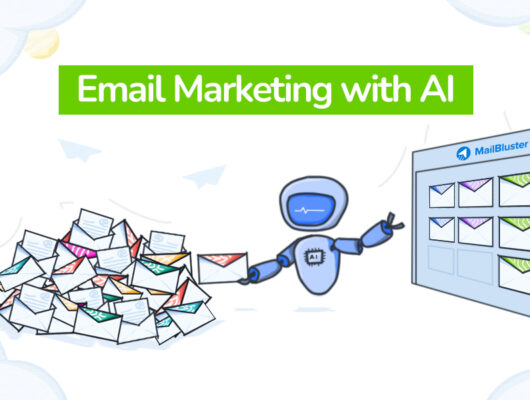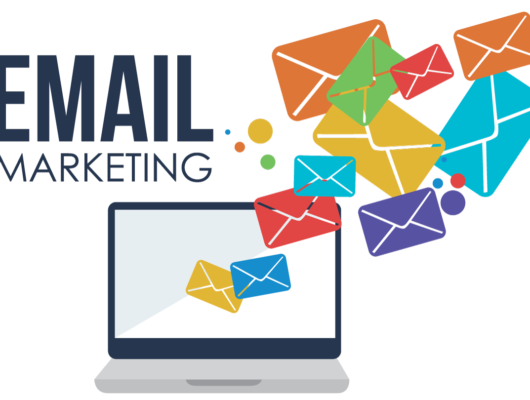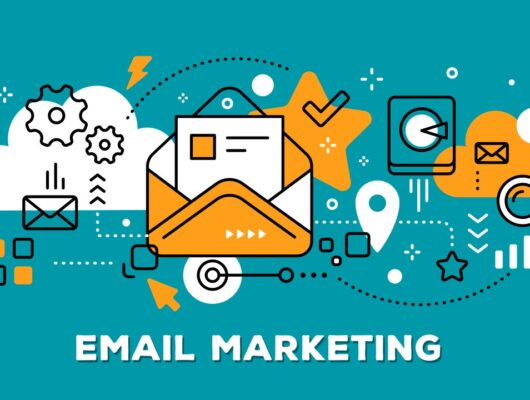Running a successful e-commerce store requires more than great products and a functional website. To effectively attract, engage, and convert customers, you need the right marketing tools.
These tools streamline operations, improve your marketing strategy, and help you reach your business goals faster.
In this article, we explore the best e-commerce marketing tools available today to help grow your online store.
Why Use Marketing Tools for E-Commerce?
- Efficiency: Automate repetitive tasks like email campaigns and social media posts.
- Insights: Track performance metrics to understand what’s working and optimize your strategy.
- Engagement: Personalize communications to build stronger customer relationships.
- Scalability: Easily handle growth without overwhelming your team.
Best E-Commerce Marketing Tools by Category
1. Email Marketing Tools
Email remains one of the highest ROI-generating marketing channels for e-commerce.
- Klaviyo
- Tailored for e-commerce, it integrates with platforms like Shopify and WooCommerce.
- Features: Advanced segmentation, abandoned cart emails, and A/B testing.
- Ideal for: Personalized campaigns to nurture customer relationships.
- Mailchimp
- A versatile tool for email marketing and automation.
- Features: Pre-built templates, analytics, and multichannel marketing support.
- Ideal for: Small to medium-sized businesses starting with email marketing.
2. Social Media Marketing Tools
Social platforms are essential for engaging customers and driving traffic to your store.
- Hootsuite
- A robust tool for managing and scheduling posts across multiple social media platforms.
- Features: Content calendar, analytics, and social listening tools.
- Ideal for: Keeping your social media strategy organized and consistent.
- Canva
- Simplifies the creation of visually appealing social media content.
- Features: Drag-and-drop interface, customizable templates, and collaboration features.
- Ideal for: Eye-catching graphics and ads without needing a design background.
3. SEO and Content Marketing Tools
Content and search engine visibility are crucial for organic growth.
- SEMrush
- All-in-one tool for SEO, content marketing, and competitive analysis.
- Features: Keyword research, backlink analysis, and site audits.
- Ideal for: Improving search rankings and staying ahead of competitors.
- Ahrefs
- Known for its powerful backlink and keyword research capabilities.
- Features: Competitor analysis, rank tracking, and content gap analysis.
- Ideal for: Building an SEO strategy that drives long-term traffic.
4. Advertising Tools
Paid ads help boost visibility and drive immediate sales.
- Google Ads
- Ideal for search, display, and shopping ads to target high-intent buyers.
- Features: Comprehensive targeting, performance tracking, and remarketing options.
- Ideal for: Driving conversions through precise targeting.
- Facebook Ads Manager
- Manages ad campaigns for Facebook and Instagram.
- Features: Audience segmentation, analytics, and retargeting capabilities.
- Ideal for: Reaching specific demographics with visually appealing ads.
5. Customer Relationship Management (CRM) Tools
Understanding and managing customer data is key to driving repeat business.
- HubSpot
- Combines CRM with marketing automation and analytics.
- Features: Lead tracking, personalized email campaigns, and customer support tools.
- Ideal for: Businesses looking to streamline marketing and customer service.
- Salesforce
- An industry-leading CRM tool with extensive e-commerce integrations.
- Features: Detailed customer insights, automation, and scalable solutions.
- Ideal for: Larger businesses with complex customer management needs.
6. Analytics and Reporting Tools
Data-driven insights are essential for optimizing your marketing efforts.
- Google Analytics
- Tracks website traffic, user behavior, and conversion data.
- Features: Customizable reports, goal tracking, and integration with other tools.
- Ideal for: Gaining a comprehensive understanding of your website’s performance.
- Hotjar
- Provides heatmaps and session recordings to understand user behavior.
- Features: Feedback forms, surveys, and click tracking.
- Ideal for: Identifying pain points and improving user experience.
7. E-Commerce-Specific Platforms
Some platforms offer built-in tools to simplify e-commerce marketing.
- Shopify
- Features built-in email marketing, SEO optimization, and social media integrations.
- Ideal for: Small and medium-sized businesses wanting an all-in-one solution.
- BigCommerce
- Provides scalable marketing tools and analytics.
- Features: SEO tools, Google Shopping integrations, and omnichannel selling.
- Ideal for: Growing businesses aiming for multichannel marketing success.
8. Customer Engagement Tools
Keeping customers engaged builds loyalty and drives repeat purchases.
- Zendesk
- A customer support tool that integrates with e-commerce platforms.
- Features: Live chat, ticketing, and customer feedback collection.
- Ideal for: Enhancing the shopping experience with real-time support.
- Yotpo
- Focuses on user-generated content and reviews.
- Features: Review collection, loyalty programs, and referral marketing.
- Ideal for: Building trust and leveraging social proof.
How to Choose the Right Tools
- Identify Your Goals: Are you focused on driving traffic, increasing conversions, or improving customer retention?
- Understand Your Budget: Many tools offer free plans or trials; explore these before committing.
- Evaluate Integrations: Ensure tools can connect with your existing e-commerce platform.
- Read Reviews and Case Studies: Learn from other businesses’ experiences to choose the best fit.
Conclusion
E-commerce marketing tools are invaluable for streamlining processes, enhancing customer engagement, and driving sales.
Whether you’re a small business or a large enterprise, the right tools can make a significant difference in your success.
Start by identifying your needs and goals, and invest in tools that will help you achieve them efficiently.
Would you like help creating a tool comparison chart or detailed setup guides? Let me know!







